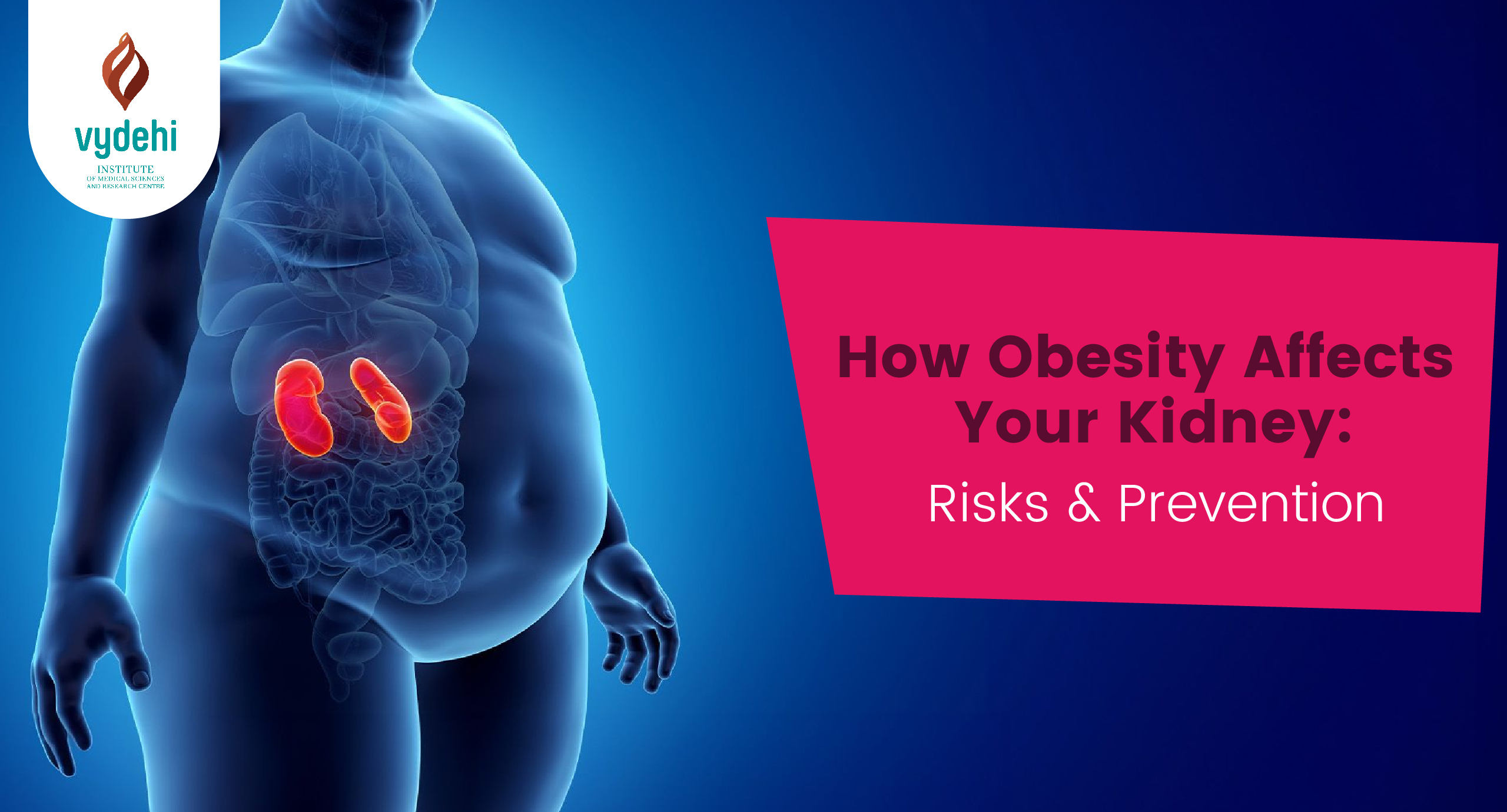

Obesity is a growing global health concern, leading to numerous complications, including chronic kidney disease (CKD). While most people associate obesity with heart disease and diabetes, its impact on kidney health is often overlooked. Understanding how obesity affects your kidney can help in early prevention and better management of kidney-related disorders.
How Does Obesity Cause Kidney Disease?
Obesity places excess strain on the kidneys, forcing them to work harder to filter toxins from the body. Over time, this increased workload leads to kidney damage, increasing the risk of developing chronic kidney disease (CKD). The following mechanisms explain how obesity affects kidney function:
Severe obesity, known as morbid obesity, significantly increases the risk of kidney failure. When kidney function drops below 15% (Stage 5 CKD), dialysis or a kidney transplant becomes necessary. Obesity and kidney disease are closely linked, making weight management essential for kidney health.
Another critical issue is how obesity causes kidney stones. Studies show that overweight individuals have a higher risk of developing kidney stones due to:
Dietary Factors: High consumption of processed foods, sugary drinks, and sodium-rich diets contribute to kidney stone formation.
While obesity increases the risk of kidney disease, unexplained weight loss can be a symptom of worsening kidney function. If someone experiences sudden weight loss, fatigue, or swelling, it may indicate advanced CKD stages or renal failure. Seeking early medical intervention is crucial.
Chronic Kidney Disease (CKD) is classified into five stages based on kidney function:
If diagnosed at stage 3 kidney disease, lifestyle changes like weight loss, a kidney-friendly diet, and exercise can slow progression.
Also Read: Kidney Stones: Symptoms, Causes, Types, and Treatments
Yes! Losing weight can reduce kidney strain, lower blood pressure, and improve overall kidney function. Studies show that even 5-10% weight loss can positively impact CKD stages and slow disease progression.
Managing chronic kidney disease (CKD) requires a combination of medical treatment and lifestyle changes:
Understanding how obesity affects your kidney is the first step in preventing kidney disease and promoting long-term health. By maintaining a healthy lifestyle, losing excess weight, and managing existing health conditions, you can protect your kidneys and reduce the risk of CKD. If you are overweight or experiencing symptoms of kidney disease, consult a healthcare professional for guidance on chronic kidney disease treatments and preventive strategies.
Would you like to assess your kidney health? Schedule a consultation with our specialists today!

 Emergency Number
Emergency Number